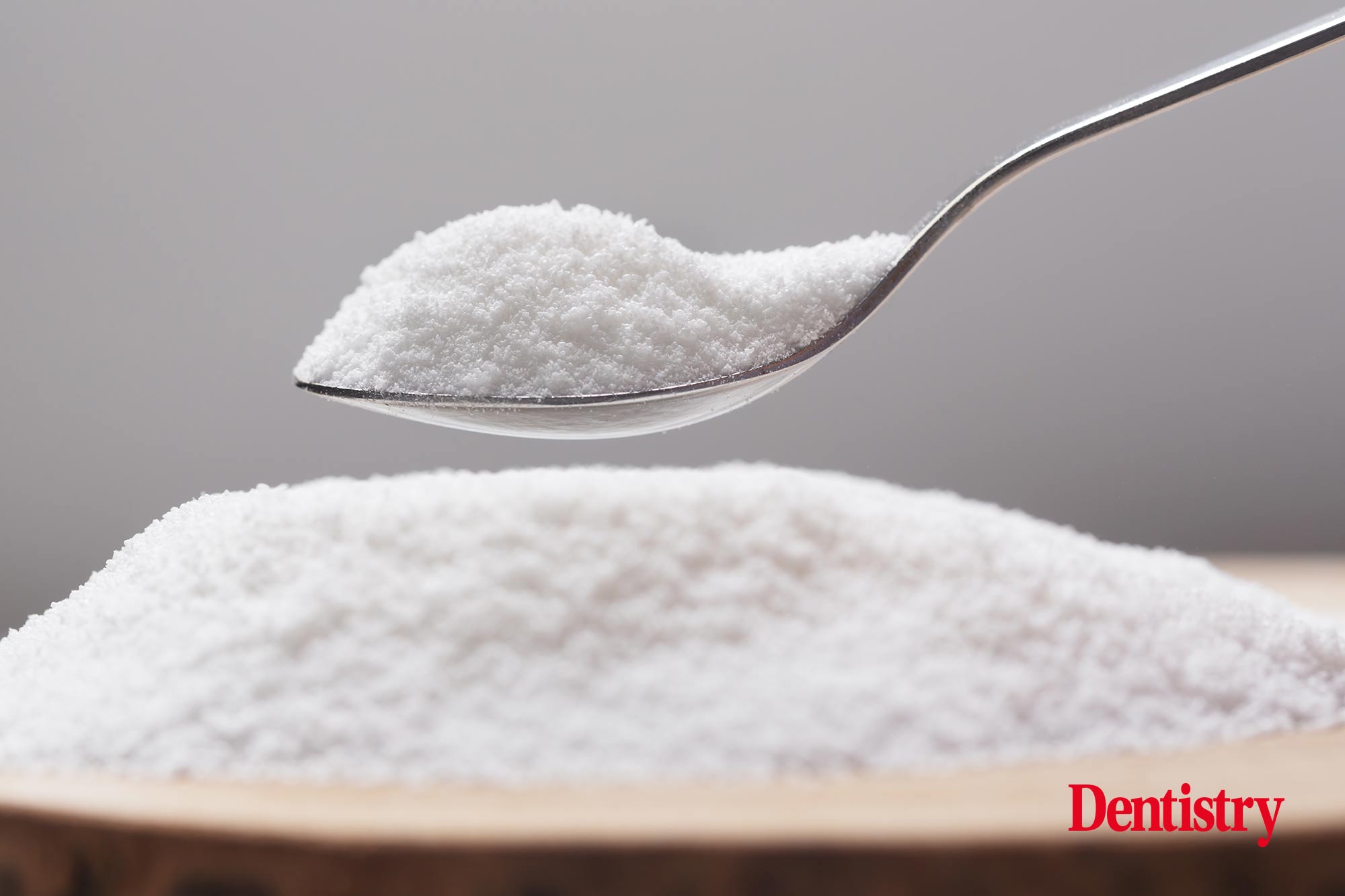
Released today, the World Health Organization’s (WHO) assessment on the non-sugar sweetener aspartame has found it ‘possibly carcinogenic to humans’.
This comes after the WHO and Food and Agriculture Organization (FAO)’s Joint Expert Committee on Food Additives (JECFA) worked with the International Agency for Research on Cancer (IARC) to conduct a review assessing the carcinogenic and other health risks of consuming the sweetener.
The review found ‘limited evidence’ to show that the sweetener is carcinogenic, but reaffirmed that a daily intake of 40 mg/kg body weight is acceptable. For an adult weighing 70kg, it would take more than 9–14 cans per day to exceed this.
Therefore, the bodies classified the sweetener as ‘possible carcinogenic to humans’ due to the limited evidence.
Dentistry’s top stories
- Dental profession slams Rishi Sunak after he forgets name for dental therapists
- New government plans to boost number of dentists in England
- European dental qualifications will be recognised in UK for the next five years
- Has the GDC made a monumental oversight?
- GDC fails to provide number of dentists erased for charging ‘top up’ fees.
‘Potential effects’
Aspartame has been commonly used in various food and drink products since the 1980s. Today, around 6,000 products include aspartame, including diet drinks, chewing gum, ice cream and cereal, as well as toothpaste and some medications.
Dr Francesco Branca is director of WHO’s Department of Nutrition and Food Safety. He said: ‘Cancer is one of the leading causes of death globally.
‘Every year, one in six people die from cancer. Science is continuously expanding to assess the possible initiating or facilitating factors of cancer, in the hope of reducing these numbers and the human toll.
‘The assessments of aspartame have indicated that, while safety is not a major concern at the doses which are commonly used, potential effects have been described that need to be investigated by more and better studies.’
He also advised that while the review does not indicate that occasional consumption poses a risk, those who consume high amounts of aspartame should consider switching to water or other unsweetened drinks.
You can read the full report here.
Follow fmc-stage.thinkdemo.co.uk on Instagram to keep up with all the latest dental news and trends.






